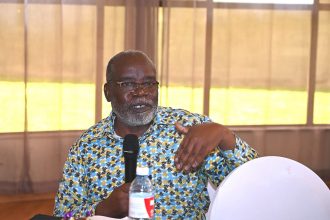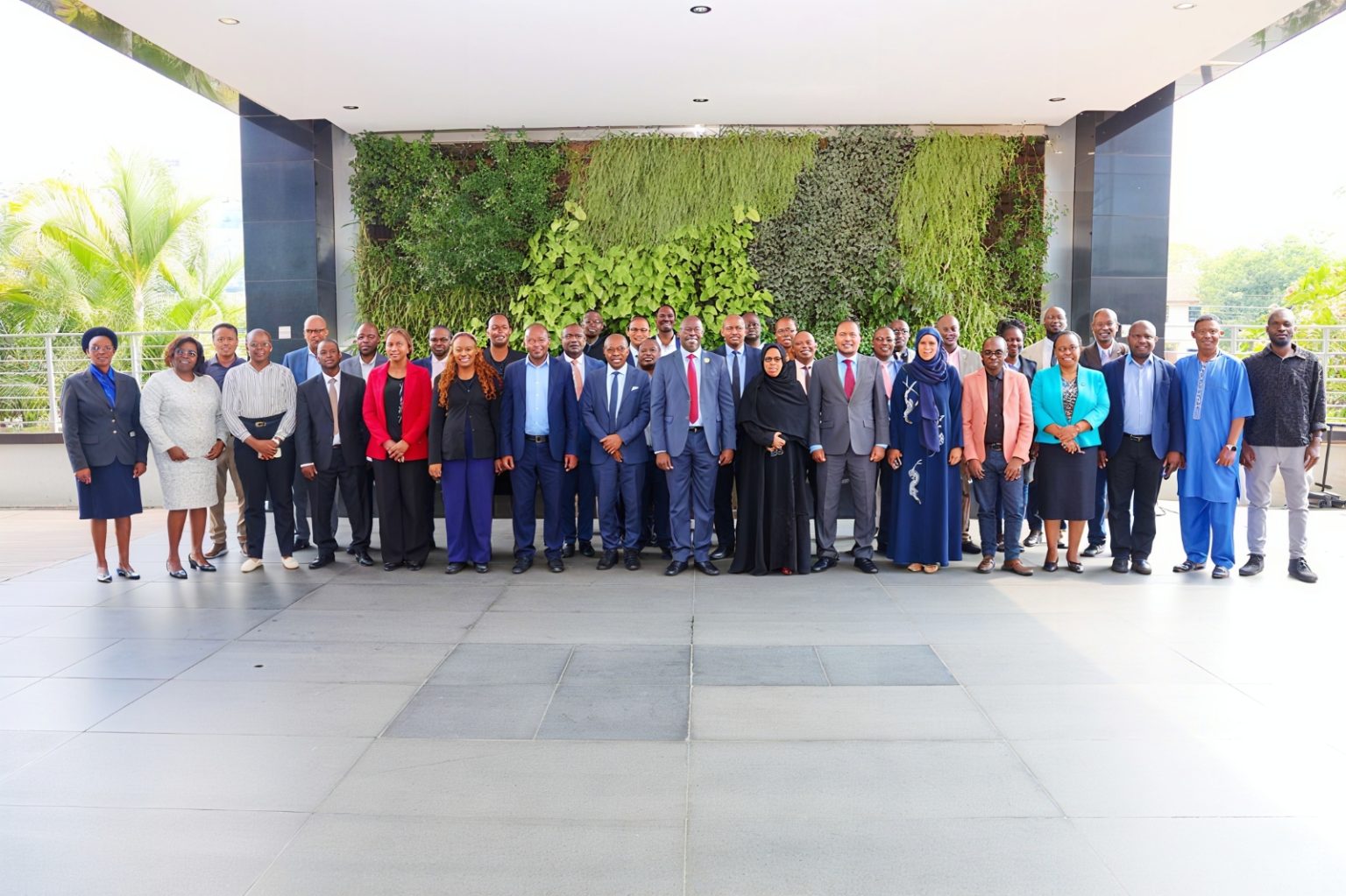The Intergovernmental Authority on Development (IGAD) convened a crucial national consultation on August 13th to 15th, 2025, in Nairobi, to review the current IGAD Strategy (2021–2025) and formulate the forthcoming Strategy (2026–2030).
This consultation brought together a diverse array of stakeholders, including representatives from government institutions, civil society, academia, and development partners, reflecting IGAD’s commitment to participatory governance and regional ownership.
During the extensive consultations, Dr. Anthony Awira, IGAD’s Director of Planning, Coordination and Partnerships, made a compelling case for stronger national ownership and active member state engagement in shaping the upcoming strategy.
Dr. Awira cited Kenya’s engagement as a model, a statement that was seconded by the IGAD head of commission, and urged member states to actively shape the regional agenda through inclusive and expert-driven dialogue, emphasising the importance of collaboration in addressing shared challenges.
“In the 2021-2025 strategy, great lessons were learned. We were able to appreciate the need to work closely with our member states. There was a need for us to re-align better with the priorities of our member states,” he said while addressing the press, adding that;
“As IGAD, our work is to add value, to reinforce and to support the work of our member states. That means if we align fully with the priorities of our member states, then value addition is realised and fulfilled,” Dr. Anthony Awira affirmed.
Speaking during the review of the 2021-2025 strategy and the formulation of the 2026-2023 strategy, Dr. Fatuma Adan, IGAD Head of Mission to Kenya, noted that the consultations demonstrate IGAD’s dedication to ensuring that the new strategy is responsive to the evolving needs of member states while aligning with broader continental and global development frameworks.
The discussions focused on key thematic pillars such as peace and security, climate resilience, economic integration, and institutional capacity building, all critical to the region’s long-term stability and prosperity. As both Drs. Awira and Adan noted that the insights generated during this consultation will not only inform the formulation of the 2026–2030 strategy but also strengthen IGAD’s institutional architecture and its role as a catalyst for transformative regional action.
Reflecting on the achievements of the 2021–2025 strategy, IGAD has made significant strides in enhancing regional cooperation, particularly in areas such as conflict resolution, climate adaptation, and economic integration. The previous strategy successfully facilitated dialogue among member states, resulting in enhanced collaboration on pressing issues such as food security and cross-border trade.
Led by the Executive Secretary, Dr Workneh Gebeyehu, IGAD also played a significant role in mediating conflicts in South Sudan and Somalia, contributing to peace and stability in the region.




